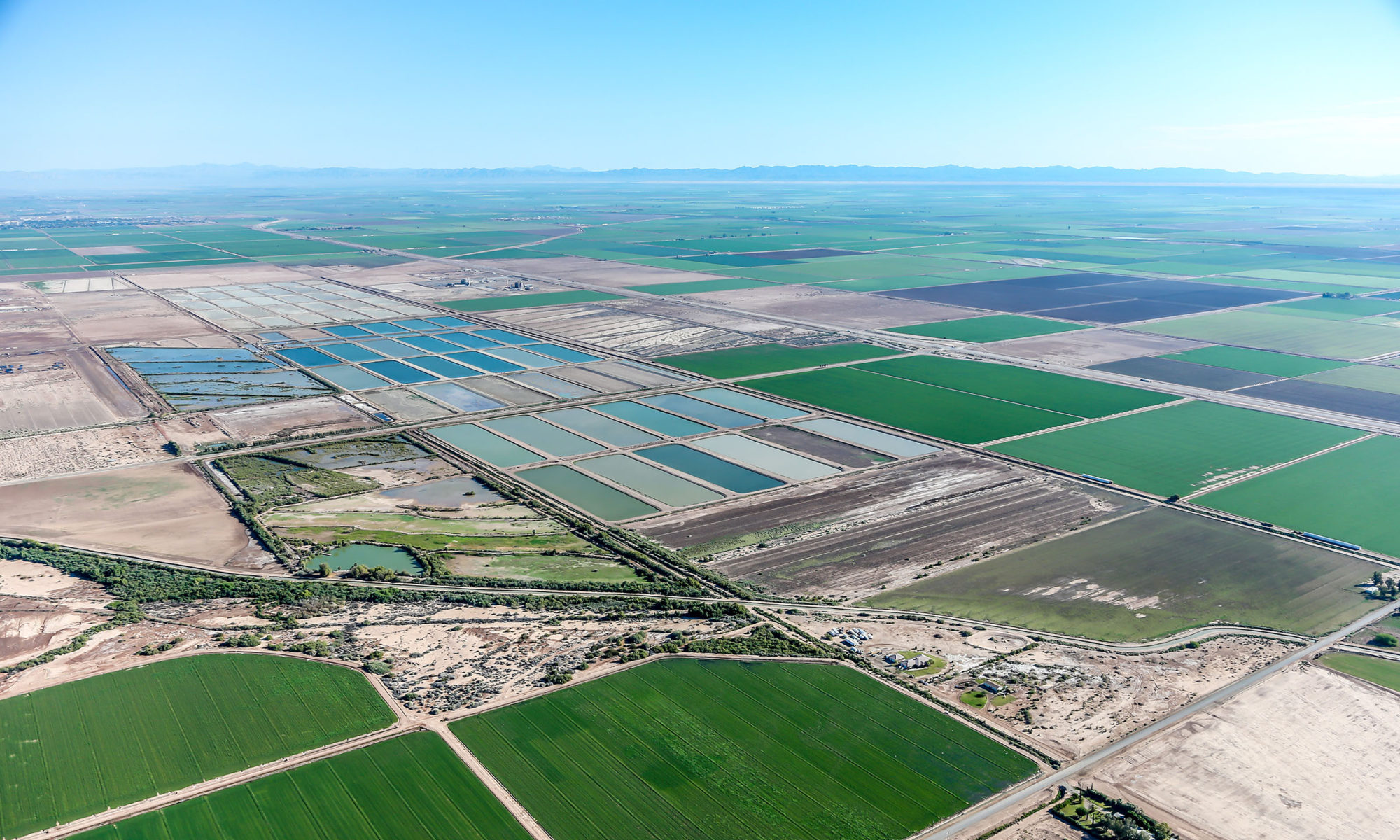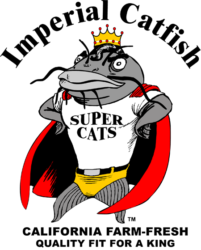Aquaculture has never been implicated in the spread of Quagga Mussels and it is our intent to keep it that way.
Below is a letter that was sent to the California Department of Fish and Game just prior to their visit and inspection of the Imperial Catfish Farm. Imperial Catfish is the supplier of catfish for the Department.
This letter briefly explains the Quagga Mussel prevention methods actively in use at Imperial Catfish.
California Dept. of Fish and Game
Brian Young
4665 Lampson Ave.
Los Alamitos, CA 90720
(562) 342-7148
(562) 342-7153 FAX
Quagga prevention methods actively in use at Imperial Catfish
Hello Brian,
Below is a brief description of what we are currently doing on our Farm to prevent the threat of spreading quagga mussels. I thought it would be a good idea to give you some information prior to your visit. This might also help you if you are trying to craft language for your future bid proposals.
Imperial Catfish is probably one of the most proactive fish farms on this issue, and because of this, Imperial Catfish is the supplier that the California Department of Fish and Game has chosen to provide them with their catfish throughout Southern California. Imperial Catfish is doing many things to eliminate the risk, and we are members of the Quagga Committee for the California Aquaculture Association and the California Department of Fish and Game.
Aquaculture has never been implicated in the spread of Quagga and it is our intention to keep it that way. We constantly monitor our farm and it is free from any evidence of quagga mussels and we voluntarily send our inspections reports to Devin Bartley, the Aquaculture Coordinator for DFG in Sacramento. Also, out of an abundance of caution, we filter our transportation water through four separate stages down to 3 microns and quagga veligers are around 70 microns in size at their smallest stage. We first use an in-ground gravel and sand filter. Then the water is passed through a second large self-contained sand filter with a very unique and sharp media that shreds any organic material in the water and can filters down to 5 microns. Once the catfish are loaded into the delivery trucks and into this filtered water, the water is then re-filtered again through a third filter, with our separate portable system which passes the water through another sand filter with this special shredding media that filters down to 5 microns, and then through a fourth and final cartage filament that filters down to 3 microns. Typically, there are about 150 gallons of water in each delivery tank when the fish are loaded, and our filtration system will effectively clean approximately 100 gallons per minute. The water in each tank is filtered for a minimum of 5 minutes in this fourth stage, and is passed through the 3-micron filter over 3 times. Since employing this clean water process, we have found immediate benefits, in that the catfish transport much better and arrive healthy and with much less stress. So not only are we providing a superior method of insuring against the spread of quagga mussels, but our catfish arrive healthy, strong and full of vigor when they are stocked.
Additionally, our Farm water gets so hot in the summer (just under 100 degrees) that if there were any quagga or veligers in the water they would be killed off anyway, and if that were not enough, there are as many as 50,000 or more catfish packed in each one of our 10-acre ponds that are constantly searching and foraging for any food source along with hundreds of soft shelled turtles, and hundreds and hundreds of water birds which are forever scavenging for something to eat. At Lake Matthews, a drinking water reservoir in Riverside County, the DFG divers are discovering that catfish eat quagga mussels and because of this, the DFG has asked to place a substantial order with us to discover what effect catfish will have on the quagga population in the lake.
Our Catfish Farm is the wrong environment for quagga mussels to survive due to the fact that the water is shallow, warm and well lit by the sun and because there are no hard surfaces for the mussels to attach, which are preferential for their survival. Quagga prefer waters that are deeper, cooler and not so well lit by the sun, along with hard substrates for them to attach to and grow. Our catfish ponds are nothing like what a quagga needs to survive. Our Ponds have soft clay banks and bottoms with no rocks or anything thing hard for them to grow on. Only the paddlewheel aerators in each one of our ponds are something hard which the mussels could attach, but we have never seen any evidence of mussels on any of the aerators which are serviced, rebuilt and inspected constantly. Additionally, every couple of years, we drain, dry, scrape and re-build each catfish pond with heavy equipment which would desiccate, kill and sterilize anything. I could go on and on about quagga mussels and all we are doing to be safe, but be assured, we have never seen any evidence of quagga mussels on our Farm, and our facility would be a very hostile environment for them to ever survive in, but most importantly, all of our delivery water is filtered far beyond that which would be required to eliminate the risk spreading quagga mussels.
Brian, please let me know the date and time that you planned to come to our Farm so that I can make plans to be available.
Respectfully,
Imperial Catfish

